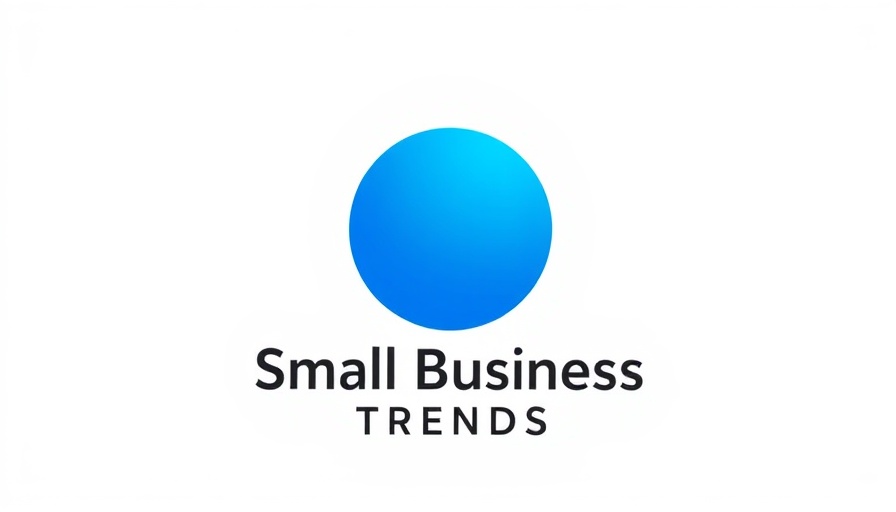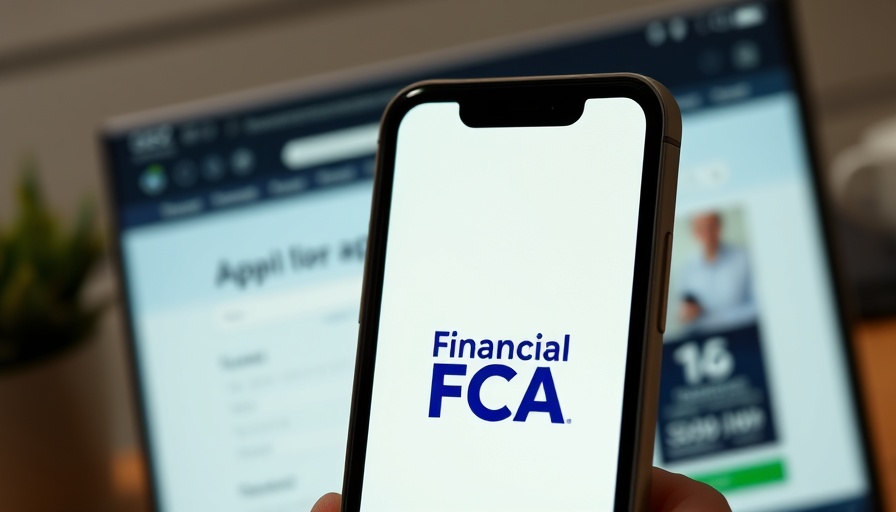
The SBA's Bold Move: A Shift in Loan Policy
The U.S. Small Business Administration (SBA) made headlines this week by announcing a significant reversal of certain loan policies implemented during the Biden administration. Under the guidance of Administrator Kelly Loeffler, the SBA has decided to eliminate weakened underwriting standards that had been introduced in the 7(a) loan program, aiming to safeguard the program's financial health and protect taxpayer interests.
Understanding the Impact of Previous Policies
For context, the Biden-era adjustments significantly changed the dynamics of the 7(a) loan program. One of the most controversial changes was the introduction of a lenient underwriting policy known as the "Do What You Do" approach. This policy allowed lenders to approve loans for borrowers who would have otherwise not met the stringent requirements. The intent was to increase access to capital for small businesses, especially during economically challenging times.
However, the results were concerning. The program, which historically operated at zero-subsidy, saw a notable surge in defaults and delinquencies. By 2024, the 7(a) loan program faced its first deficit in 13 years, totaling approximately $397 million. This financial strain highlighted the risks associated with reducing oversight within a program designed to assist small business funding.
Restoring Confidence in Lending
With the reinstatement of strong underwriting standards, the SBA is signaling a commitment to responsible lending practices. Administrator Loeffler emphasized that the previous relaxation of standards had put the entire program at risk, potentially jeopardizing not just the funds allocated but also trust in government-backed loans.
This restoration of stricter criteria aims to ensure that the loans extended to businesses are more likely to be repaid, thus preserving the program’s integrity. Among the changes is the reintroduction of lender fees, which were eliminated under the prior administration. These fees are essential for offsetting borrower defaults and ensuring a sustainable funding environment.
The Franchise Directory: A Valuable Resource
In alignment with the new policy changes, the SBA has also reintroduced and streamlined the Franchise Directory. This directory aids lenders in verifying the eligibility of franchises and ensures that funding is accessible to legitimate business models. By doing so, it seeks to enhance confidence among lenders, ultimately fostering a healthier small business ecosystem.
What This Means for Small Business Owners
For small business owners with annual revenues exceeding $5M, the recent changes mean a more stable and secure funding landscape. Although the return to earlier underwriting standards might seem daunting, it presents an opportunity for businesses to demonstrate their financial viability and credentials more robustly. The SBA’s actions aim to create a safer pathway for borrowing and reinforce the long-term sustainability of the 7(a) loan program.
Looking to the Future
As small business owners navigate the changing landscape of funding, understanding the implications of these shifts in loan policy is crucial. Administrators and lenders will closely monitor the effects of restored underwriting criteria, examining its influence on borrower defaults and the overall health of the program.
While adjustments can cause apprehension, these newly enacted policies signal a convergence towards a more responsible lending framework—one that prioritizes both financial integrity and the needs of small businesses striving for growth and sustainability.
 Add Row
Add Row  Add
Add 



Write A Comment